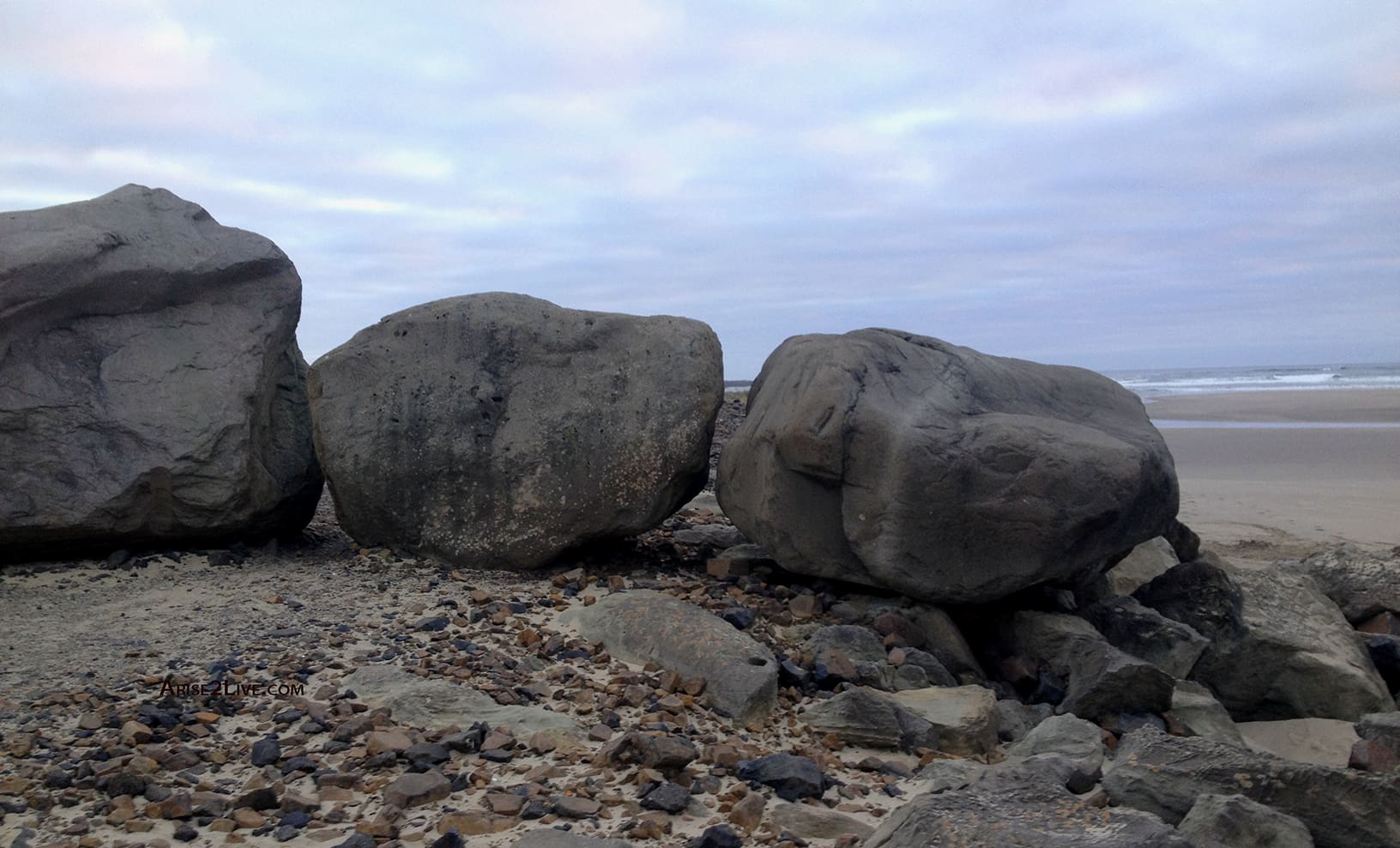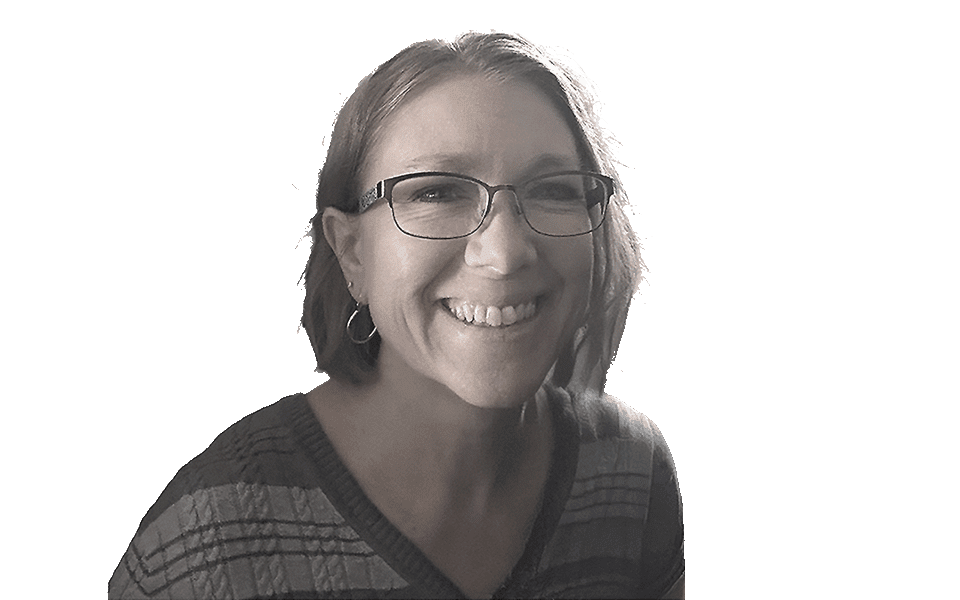Choose Your Hard
by Nae Lynn, wellness writer
“..every time you make a choice you are turning the central part of you, the part of you that chooses, into something a little different from what it was before.” ~ CS Lewis – Mere Christianity
This week I am visiting my parents for Christmas. They are in their mid-eighties and living independently. Last night, as I was watching both my parents work to wrap up some Christmas gifts, I observed how hard everything is for them. For most of us, wrapping a few, small gifts would be a one person job, but they worked together to get it done. Not out of teamwork, but out of necessity. There are no simple movements for them anymore. Every step, every chore, everything that has to be done, takes extra work for them. Both physically and mentally. Everyday is filled with hard things for them. Things that should be easy.
It is what we have come to expect and accept in our society and lifecycle. We all picture people in the “golden” years to be bent over, using canes and walkers, and having a long list of illnesses and prescriptions. I don’t accept this! And neither should you.
More and more research has shown that what we do for our health today, will not just affect our health now, but in twenty years and beyond. We have to choose hard now, to avoid even harder in the future.
Here are some scary statistics:
– 41.9% of Americans are Obese (1)
– 28% of Americans exercise meeting CDC standards (2)
– 80% of diseases are lifestyle diseases.
– 60% of Americans have a lifestyle disease (3)
– 70% of Americans are on at least one medication, 50% take two meds (4)
– Obesity cost nearly $173 billion in medical expenditures in 2019 (1)
These statistics tell us that over and over again we choose the easy route when it comes to our lifestyle, health, symptoms, and sickness – misinformation, laziness, drugs, and surgeries. If 80% of diseases are lifestyle diseases, then we, as a society, have proven that we take the easy route. And that route leads to the harder route – disease.
“What a minute” you might say, “That’s not fair. My surgery and recovery was really hard!” I know. I’ve been there too. “My disease is hard”. I know. Feeling sick every day is hard. I know.
Anyone who has ever experienced a major injury, illness, or disease will tell you it’s hard. The pain, the doctor visits, the medications, the surgeries, the financial burden, and the mental toughness – it’s overwhelming; it’s all consuming.
And that’s my point.
It is harder to be sick.
It is harder to be in financial distress, filled with worry and anxiety.
It is harder to miss out on events and celebrations because of illness or recovery from surgery.
It is harder to feel like we aren’t truly living but are just being alive.
It’s time to switch the narrative and choose your hard.
Anyone who has changed from an unhealthy lifestyle to a healthy lifestyle will tell you it’s hard. It’s hard to choose home cooking over fast food. Hard to choose to wake up earlier to get a morning workout in. It’s hard to turn down dessert at a dinner party. The mental toughness is hard.
Hard is eating healthy. Harder is being overweight and having lifestyle diseases.
Hard is waking up early to exercise. Harder is not being able to move well. Harder is being frail.
Hard is being sore from a good workout. Harder is being in pain from surgery or disease.
Choose your hard: Sick care or health care?
Personally, I want to be healthy in twenty years. And I want to be healthy now. So I choose exercise: to have strength, endurance, balance, and flexibility now, and in twenty years. I choose to eat healthy and intermittent fast to feel good now and avoid disease in twenty years. I manage stress to feel clear headed and at peace now, and in twenty years.
And the result is that now I feel and move better. And in twenty years, Lord willing, I will still feel better. A healthy lifestyle may be hard some days, but it is harder to have pain and illness. I try to keep that as my compass.
How do we change our hard?
It’s the daily choice to choose healthy. Choose whole foods over processed foods. Choose a walk over vegging in front of the TV. Choose fruit over candy. Make small, daily choices, even when it’s hard. Over time, those daily choices become daily habits. Ones you don’t even think about, you just do. And then you can add on more healthy habits. And slowly, you will feel better and it won’t be so hard.
Even if you are in the middle of a medical crisis, you can still choose your hard. Don’t wait until you’re past surgery, past treatment, or for the medicine to start working. Choose a small step you can take right now. We have seen in Scott’s testimony, even before his Cancer treatments, he chose to cut out processed sugars. He didn’t wait. He took a small, hard step to help his body fight and heal. You can choose one hard thing too, right now.
If we take an honest look, most of us can agree that if given a choice, we’d take the easy route. And in so, so many cases, that is what has led us here – to the ridiculously hard route of disease.
“I hope it leads you to make some changes in the interest of your own good health today and in the future, and I know it’s not easy. Changing customary behaviors and ingrained habits never is, even when it’s as worthwhile as it can be for you.” (5)
So I challenge you, take the harder route today. Because the harder route now, should lead to the easier route now and in years to come.
Notes:
(1) [Adult Obesity Facts | Obesity | CDC](https://www.cdc.gov/obesity/adult-obesity-facts/index.html)
(2) [Just 28% Of Americans Are Exercising Enough, CDC Says—And It’s Even Lower In Some Regions](https://www.forbes.com/sites/carlieporterfield/2023/01/26/just-28-of-americans-are-exercising-enough-cdc-says-and-its-even-lower-in-some-regions/)
(3) [Chronic disease prevention in the U.S. – Statistics & Facts | Statista](https://www.statista.com/topics/8951/chronic-disease-prevention-in-the-us/#topicOverview)
(4) [Prescription Medication Use is Prevalent – Mayo Clinic News Network](https://newsnetwork.mayoclinic.org/discussion/prescription-medication-use-is-prevalent/)
(5) Disease Delusion by Dr. Jeffrey S Bland; p 325




